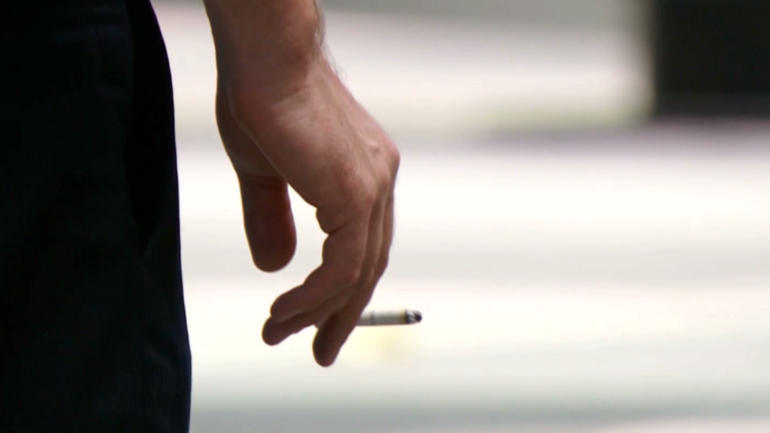When it comes to limiting smoking areas, California has always been ahead of the game. Over the last few decades, it’s been the lead state in pushing legislation that banned smoking at work, then indoor public spaces, and eventually restaurants.
Ediz Tiyansa, reports.
Last week California’s governor signed a new bill banning it in the state parks and beaches starting next year. The city of Beverly Hills went even further-banning the sale of all tobacco products by 2021.
“It was really in the 1980s when we were one of the first cities to restrict smoking in restaurants. And at the time that was seen revolutionary, but of course, now it’s commonplace. So, I think it’s fair to say that the city has always been a leader and proactive on the issue of public health,” said Public Information Manager, Keith Sterling.
Many health organizations welcomed the bill, citing the harmful effects of secondhand smoke.
“I think, it’s great. It’s great for air quality and for everyone’s health and safety,” said resident Sharise Simon.
But not everyone’s on board.
“I’m like half and half I don’t like debris and trash, and sometimes I don’t like the smell of smoke, but I can’t really say that because I smoke, too. It’s like we have so many rules, live your life,” said another resident.
Smoking is considered a hazard not only for human health but also for the environment, as its waste, namely cigarette butts, are found littering beaches like this one. That’s why some supporters of this bill also include environmental groups.
Every year, California’s Coastal Commission organizes “Clean-up days” with thousands of volunteers across the state collecting tons of trash and recyclables from the coastline.
Emily Parker, from “Heal the Bay” says cigarette butts are the number one item their volunteers find every year. They have collected nearly a million butts over the last two decades in the LA County alone.
“Cigarette butts are filters, and a lot of people don’t know that they’re made of plastic. They contain a lot of hazardous chemicals, and even though it’s just one small piece of plastic, all of that plastic can really add up and all of those toxics can add up and cause a lot of damage to the environment,” said Parker
California’s new ban will apply to around 280 state parks and hundreds of beaches stretching nearly 550 kilometers on the coast in hopes of helping wildlife, as much as air quality.
But the question is whether the maximum 25-dollar fine will be enough to keep smokers off California’s beaches and out of its state parks.
 CGTN America
CGTN America

